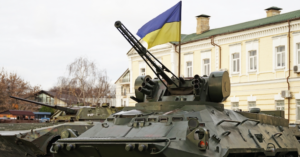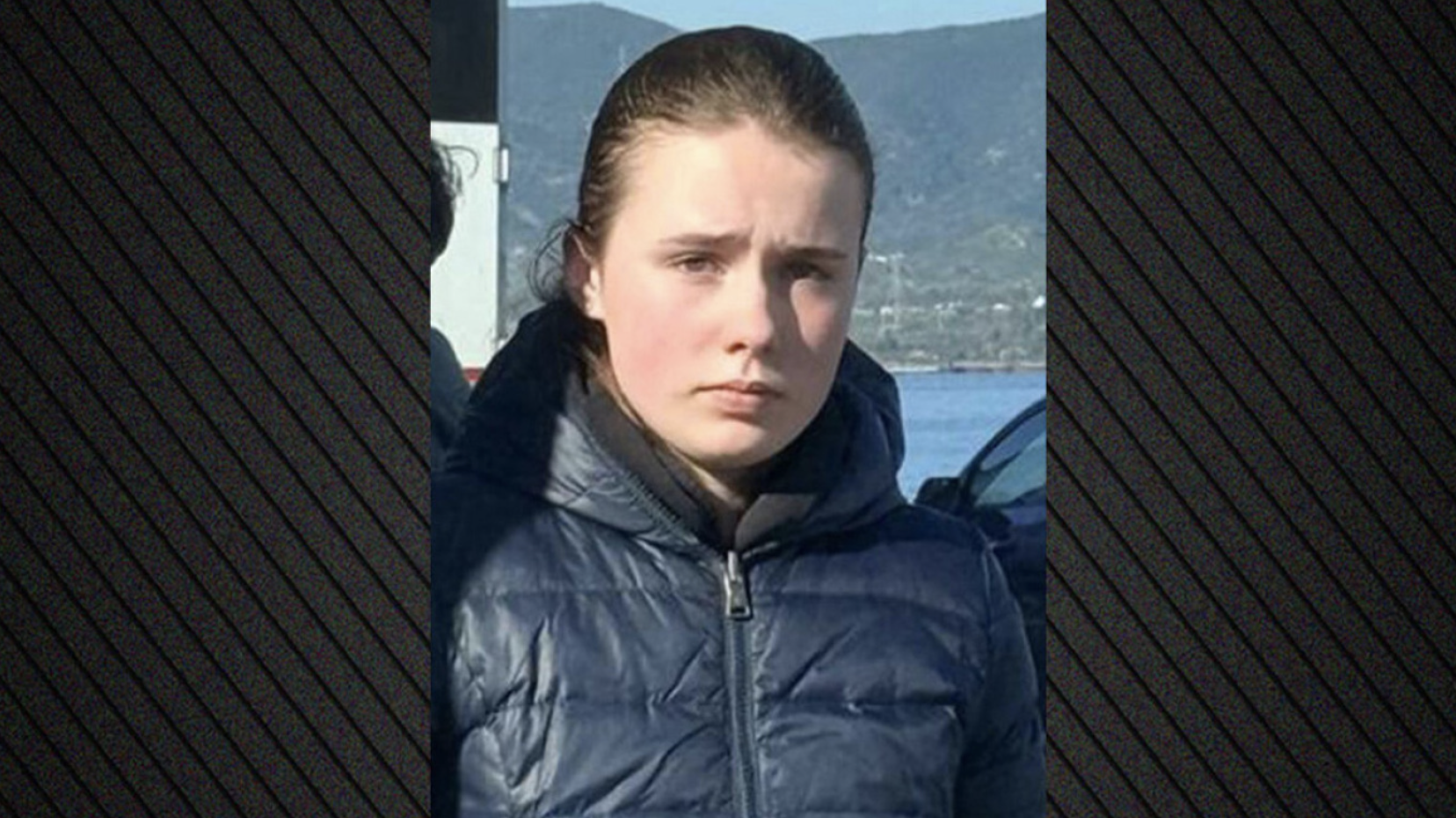For months, the two kept up a coded communication over the Telegram messaging app. Sometimes Ihor would be asked to help pinpoint locations from which the Russians were firing artillery. Other times, he sent the man, who asked to be called Smoke, the positions of Russian troops, armored vehicles and ammunition stocks.
Then in August, Ihor had a more dangerous task from Smoke. There was a cache of weapons hidden somewhere in Kherson, and Ihor needed to bury them in a different location and wait for the signal. Eventually, Smoke told him, Ihor might be called on to take up one of the arms and help Ukrainian soldiers if the battle for Kherson turned to street fighting and small sabotage groups would be necessary.
Watch moment Greek coast guard open fire against Turkish human trafficker (video)
“Around the city, there were a lot of people with weapons who were waiting for the right time to use them,” Ihor said. He declined to provide his surname out of concern for his safety, and Smoke asked to be identified only by his call sign because of his work in special forces.
During more than eight months of Russian occupation, an underground resistance movement formed in Kherson, the lone regional capital Vladimir Putin’s military was able to capture since the start of its invasion last February.
Read more: Washington Post
Ask me anything
Explore related questions





